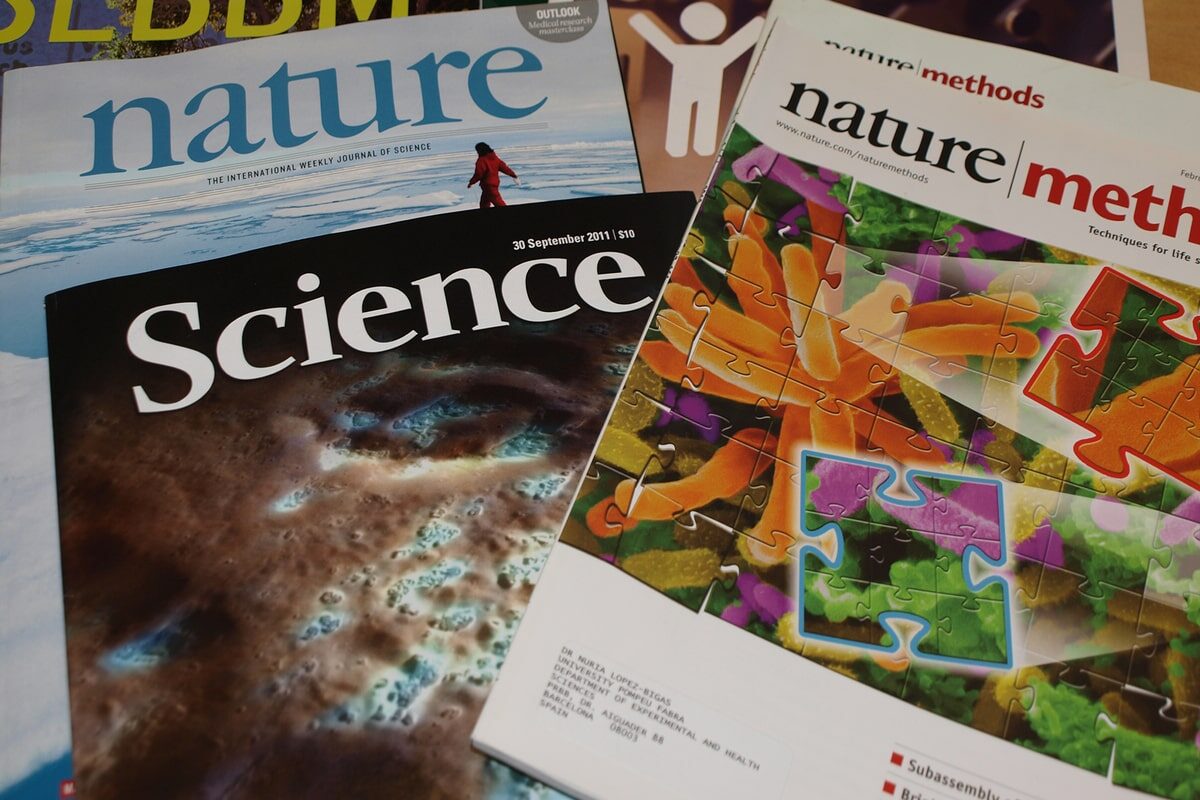Introduction
Procrastination is the act of waiting to complete the work until the deadline arrives. Procrastination reduces the quality of the research paper. This is because the writer does not have sufficient time to research and write the article. Further, the time of review is also small and the risk of mistakes is high. Thus, while writing a research paper, procrastination should e avoided.
Procrastination
To procrastinate is natural. Every human, at least once in his life, had procrastinated. The reasons for procrastination are many, some are genuine while others may be an indication of extended laziness. Prolong procrastination have short as well as long-term implications. Whatever the reason may be, it significantly affects the quality of scientific writing. Writing a scientific article or research paper requires strong determination, proper planning, and sufficient time to review what has been written.
Tips to Avoid Procrastination in Scientific Writing
Various ways may help to avoid procrastination and will help you in writing a scientific paper more effectively. Following are some of the tips to avoid procrastination:
Planning for the future: Research paper writing is both art and science. Aim of writing a quality research paper is accomplished through proper planning. While planning for writing, do a comprehensive analysis of your strength and weakness. You should also plan about various tools required during the writing and what are your b=objectives for writing. This will help you in providing a clear vision for writing.
The right beginning is half work done: The work will never end if it is not started at all. You may be procrastinating because you have made various assumptions in your mind regarding your research paper, such as what if I may not be able to find good references or if the quality of my paper is not good, even before starting. Start writing your paper and you will know that most of the assumptions you have made were only assumptions.
Manage environmental factors: Writing a research paper requires deep concentration. For maintaining concentration for a long period, you should maintain the environment as per your requirement. For instance, you should choose a quiet place with cleanliness around. However, do not spend most of the time creating a productive environment.
Make a routine: It is very difficult to come up with a good quality paper without a strict routine. Make a schedule about when and how much you should write each day. You should know the time during the day when you are most productive. Strictly follow and stick to your plan.
Remind yourself of short and long-term consequences: Create positive pressure into your mind. Envision the immediate and long-term consequences if you are not able to complete the paper on time. It may be a public embarrassment, poor grades in the exam, or maybe a delayed appraisal or promotion.
Write in a question-answer form: Writing in a question-answer form may help in creating motivation for writing. Asking questions to the brain and answering them induces a positive energy flow. Write some questions and began to write their answers. Later, you may edit the answers as per your requirements.
Set your target for uninterrupted writing: Uninterrupted writing may help you to maintain your concentration. Maintaining concentration for longer improves productivity. You should set a time for uninterrupted writing. During this time, you should not answer any phone call or do not indulge in other kinds of stuff. You just write during this time.
Always challenge yourself: Always challenge yourself through various hurdles. If you have decided to write several pages or some words, try to go beyond them. Further, do not look or wait for a perfect time to start writing. You just start writing and you will experience that this was the perfect time you were waiting for.
Get the help of others: Do not hesitate to get help from others. These may be your friends, teachers, coaches, or research paper writing service providers. The help may either be related to your research topic, writing skills, or tips to prevent procrastination. You may also form a writing group.
Clear the blocks: Put some fun and techniques while writing the research paper. You may write the easy part first and once completed move on to the difficult part. Do not read what you have written, unless it is the time for editing and proofreading if you are highly insecure about what you have written.
Place the work in front of you: Come out of your imagination and place your work in front of you. If you are writing on the paper, take a pen and paper and start writing. If you are on a laptop or desktop, open the document and start working. Productivity results when imagination is materialized.
Held yourself accountable: Always remember that its only you and not the circumstances that are preventing you from writing your paper. As already said, there is no perfect time but you must make the time perfect with initiating your paper writing.
Think of the future rewards: Imagine the feeling you have once you have completed your research paper. The feeling may be of getting a good grade or an immense feeling of satisfaction. This imagination will boost motivation in you to complete your paper.
How Scientific Writing Services Helps in Preventing Procrastination
Scientific writing services help to manage procrastination. They help the scientific writer in solving the queries and infuses clarity on the topic of the research paper. Further, they also help the writer in editing and proofreading of research paper which reduces or prevents the occurrence of mistakes.


